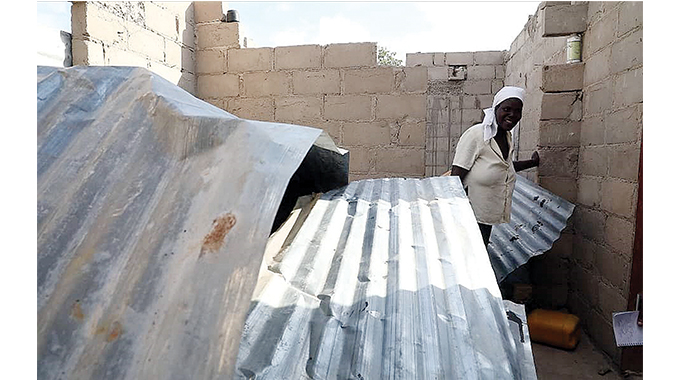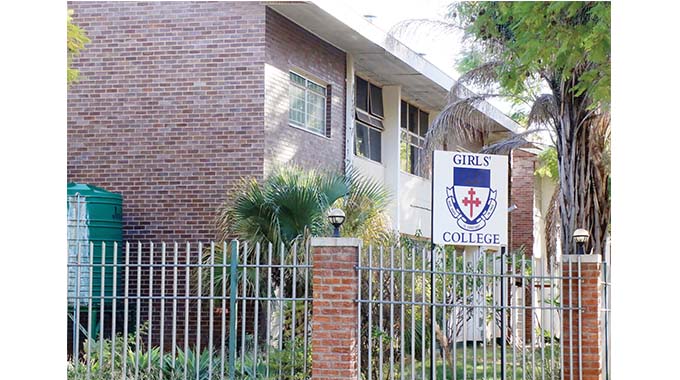Food insecurity stokes gender-based violence

Thandeka Moyo-Ndlovu, Health Reporter
FOOD insecurity has contributed to an increase in gender-based violence (GBV) in Zimbabwe by about 60 percent during the Covid-19 induced lockdown, statistics show.
About 90 percent of GBV cases are intimate partner violence and women remain the most affected group.
Cases trebled during the lockdown and service providers offering counselling and shelter to survivors had to resort to social media platforms to cope with the growing number of women in need.
The development comes at a time when Zimbabwe has joined the rest of the world in marking the 16 Days of Activism against gender violence.
The 16 days are an annual international campaign that kicks off on November 25, the International Day for the Elimination of Violence against Women, and runs until December 10, Human Rights Day.
This year’s theme, “Orange the World: Fund, Respond, Prevent, Collect!” seeks to encourage participation by every member of society to end violence which affects more than 35 percent of women and girls in Zimbabwe.
“Before the Covid-19 pandemic, Zimbabwe was already suffering from its worst economic and hunger crises in a decade, caused by a combination of climate-induced drought, economic instability, and food shortages. The World Food Programme estimates that 7,7 million people, over half of Zimbabwe’s population, need food assistance in 2020,” reads a statement from USAID.
“Food insecurity is one of the reasons reported for increased gender-based violence during the lockdown. The lockdown also disrupted people’s ability to earn a living and access affordable food and goods.”
According to the United Nations Office for the Coordination of Humanitarian Affairs (OCHA), risks of GBV continue to intensify while the population is exposed to degenerating food insecurity, compounded by economic hardship and socio-economic impact of the Covid-19 pandemic.
“The national GBV Hotline (Musasa) has recorded a total of 5 306 GBV calls from the beginning of the lockdown on 30 March until 7 October this year. Of those calls 1 312 were recorded in April, 915 in May, 776 in June, 753 in July, 766 in August, 629 in September, 155 from 1 October to 7 October,” said OCHA.
“There was an overall average increase of over 60 per cent compared to the pre-lockdown trends. About 94 per cent of the calls are from women.”
OCHA said in the last three months, an increase in psychological violence was recorded (55 percent of total cases) as compared with previous months. The organisation added that physical violence which accounts for 22 percent of the cases, followed by economic violence (15 percent) and sexual violence (8 percent) remained the most dominant forms of abuse.
Reduced public transport availability remains a challenge in urban, peri-urban and rural areas for survivors of GBV to access timely multisectoral services, according to OCHA.
“Service providers have reported an increase on the number of GBV cases against adolescent girls, as well as exposure to increased negative coping mechanisms, such as child marriage, as one of the indirect consequences of the economic hardship and household income reduction. Increase in teenage pregnancies is also often among the consequences.”
Genderlinks Zimbabwe country director Ms Priscilla Maphosa said the increase in GBV cases could be a result of both victims and perpetrators spending time together in one place with limited social activities or work activities during lockdown.-@thamamoe










Comments